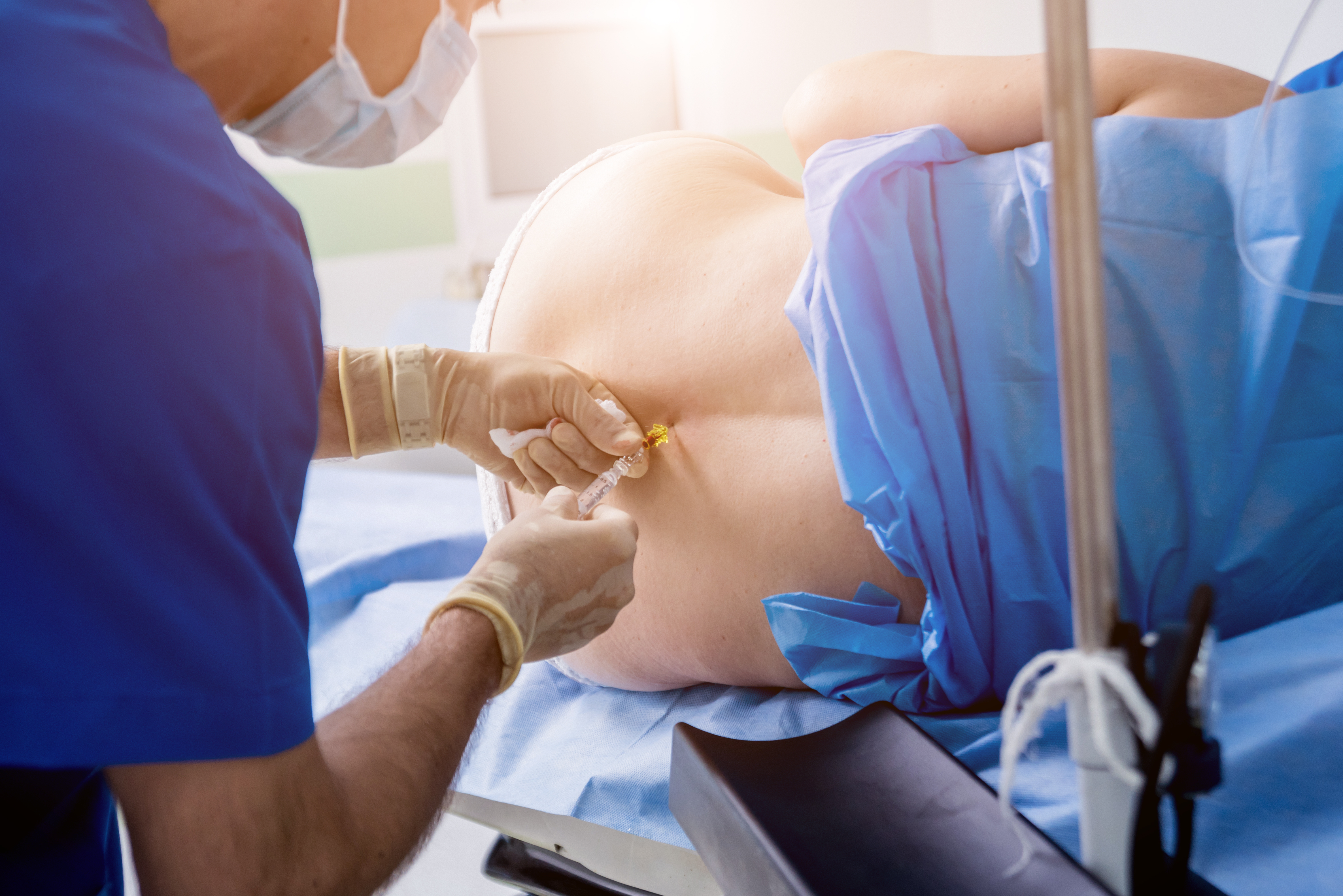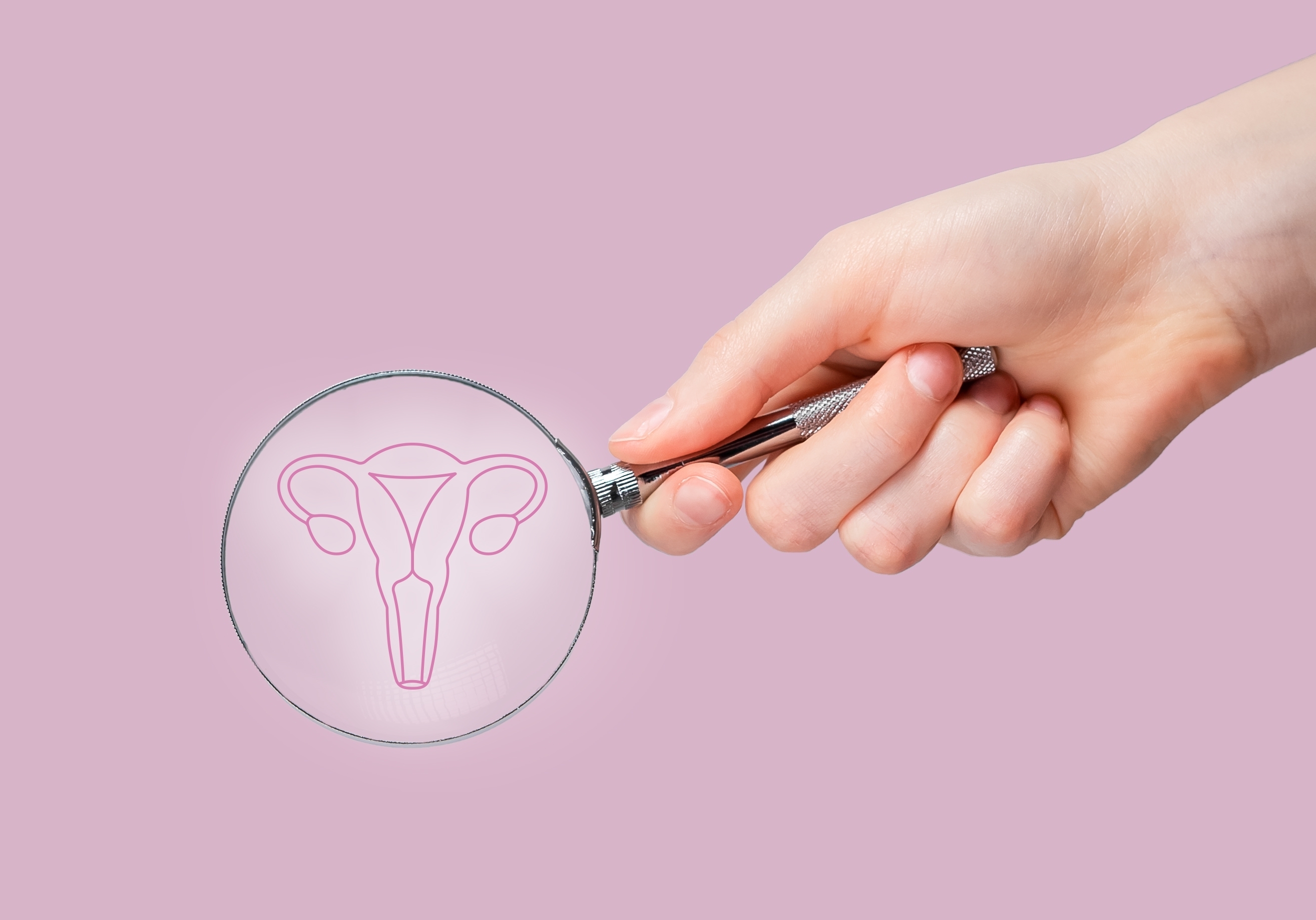Understanding Sexually Transmitted Infections (STIs)
Sexually transmitted infections (STIs) are transmitted through sexual contact, primarily via infected bodily fluids such as mucus, semen, or blood. Common STIs include herpes simplex virus type 2, warts, gonorrhoea, trichomoniasis, chlamydia, and syphilis. Often, individuals may not exhibit symptoms after infection, making it difficult to detect. However, the pathogens can remain dormant in the body and continue to spread through sexual contact.
Potential Risks to the Fetus
Many women discover they have an STI only after experiencing pelvic inflammatory disease (PID). Statistics indicate that approximately half of PID cases are caused by gonorrhoea and chlamydia, highlighting the close link between these infections and STIs. PID occurs when the reproductive organs—such as the uterus, fallopian tubes, and ovaries—become inflamed due to infection, potentially leading to blocked or damaged fallopian tubes and even infertility. Furthermore, latent pathogens like syphilis, gonorrhoea, herpes, and chlamydia can infect the fetus, resulting in congenital diseases.
Importance of Early Testing
To avoid contracting STIs, the best approach is for both partners to consider each other as their only sexual partner. Proper use of condoms can significantly reduce the risk of STIs. If either partner has multiple sexual partners, it is essential to undergo STI testing, which may include vaginal examinations, discharge tests, and blood tests. Women experiencing symptoms such as abdominal pain, unusual discharge, genital irritation, or the presence of sores or lumps—regardless of severity—should seek medical advice promptly. If an STI is diagnosed, it is crucial to inform all sexual partners for testing and treatment to prevent further transmission or cross-infection.



























